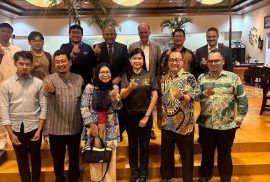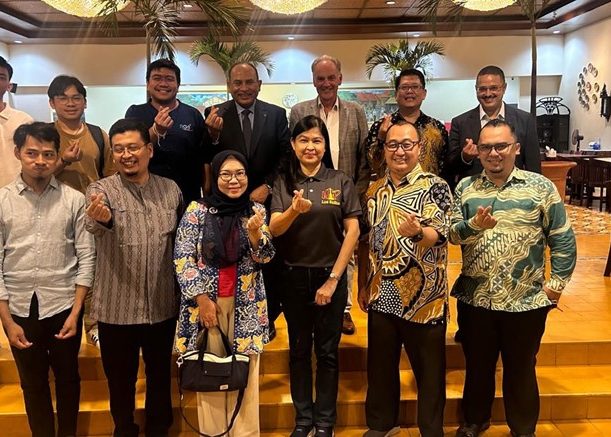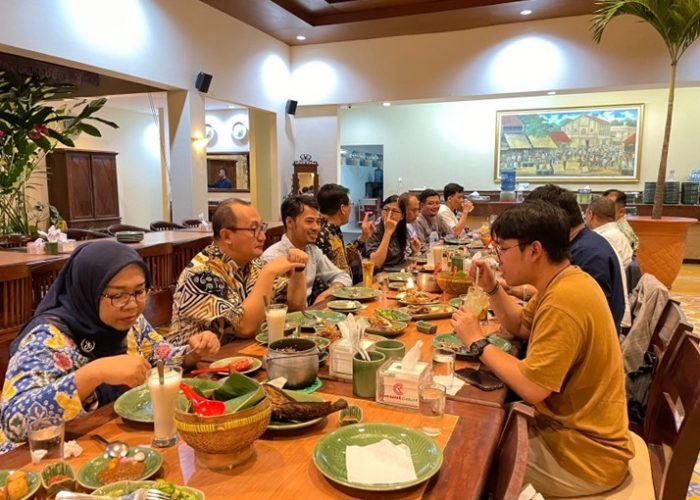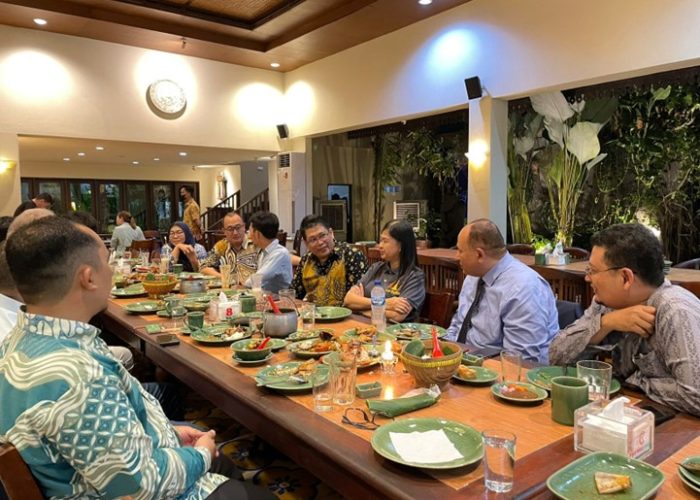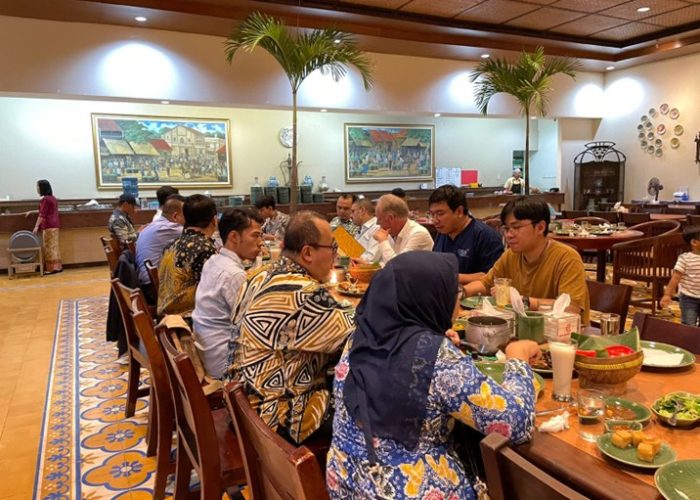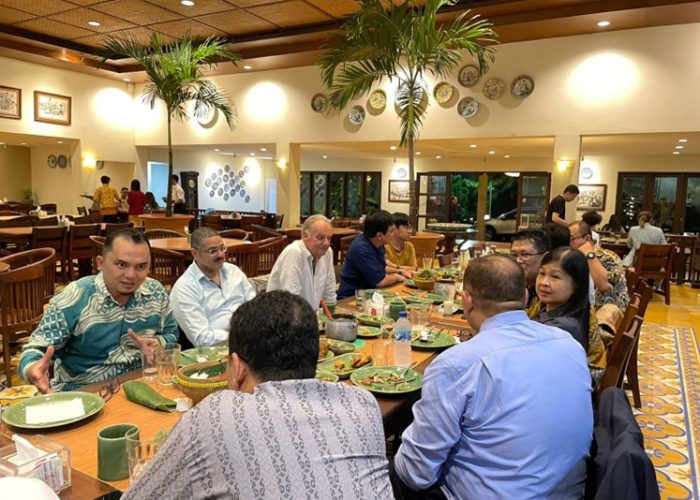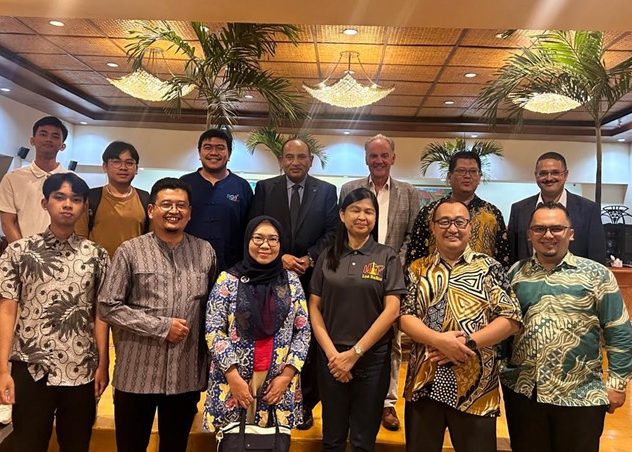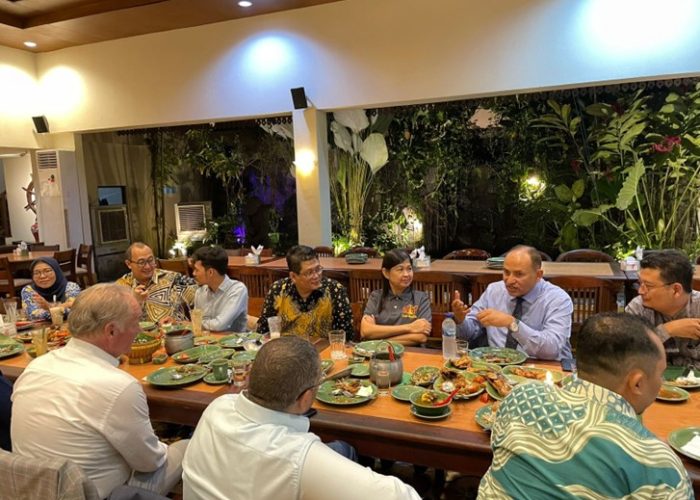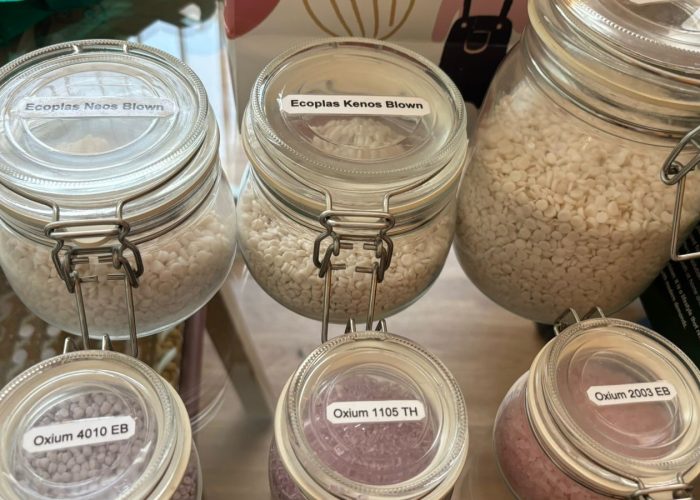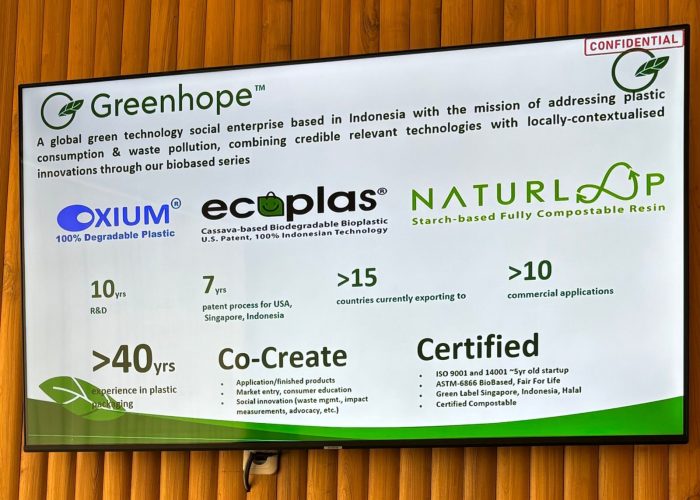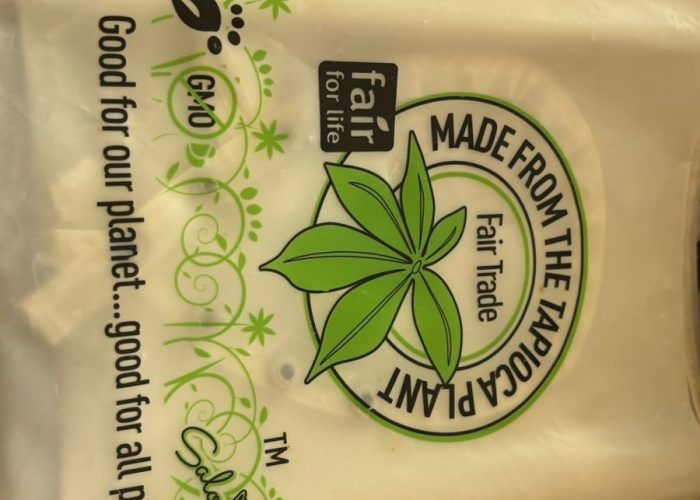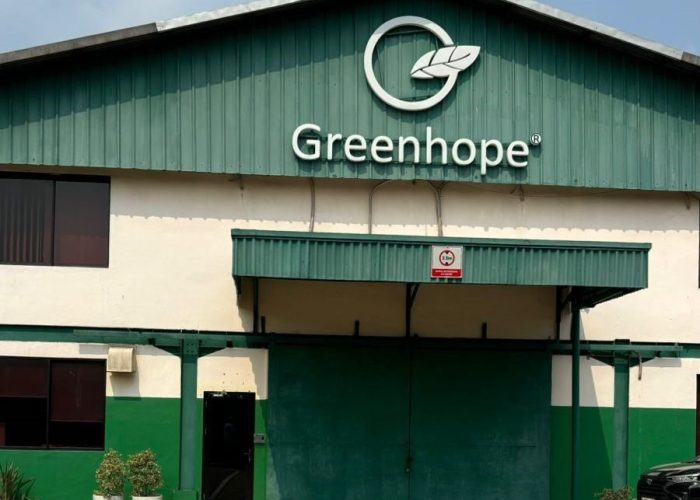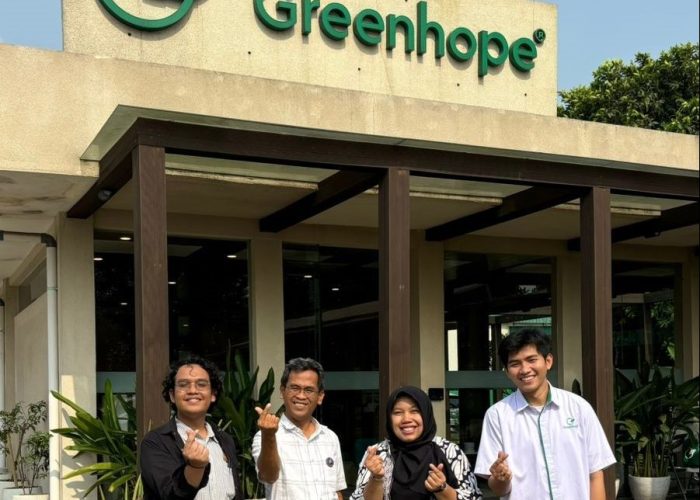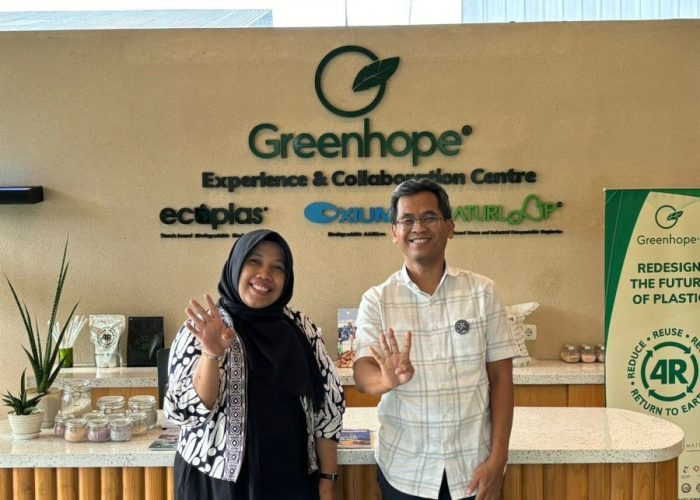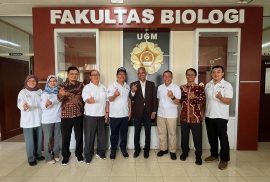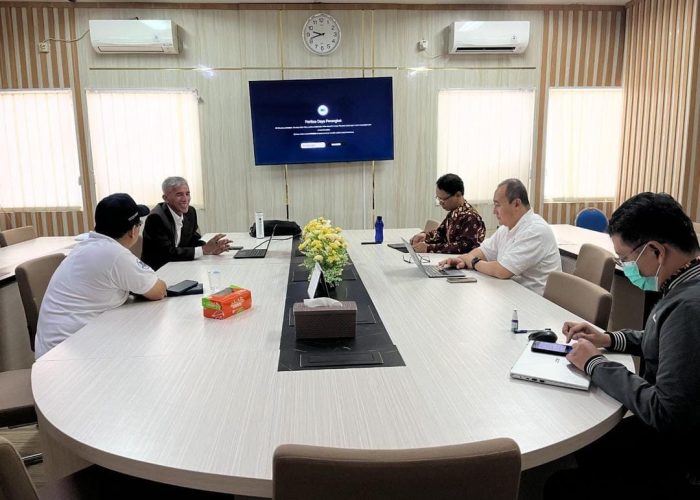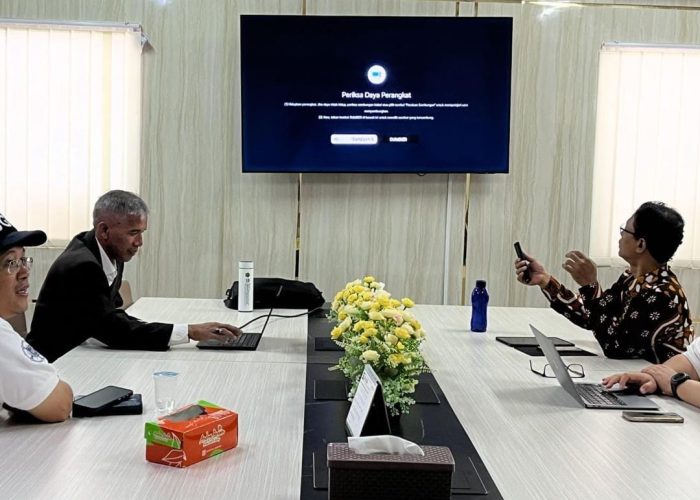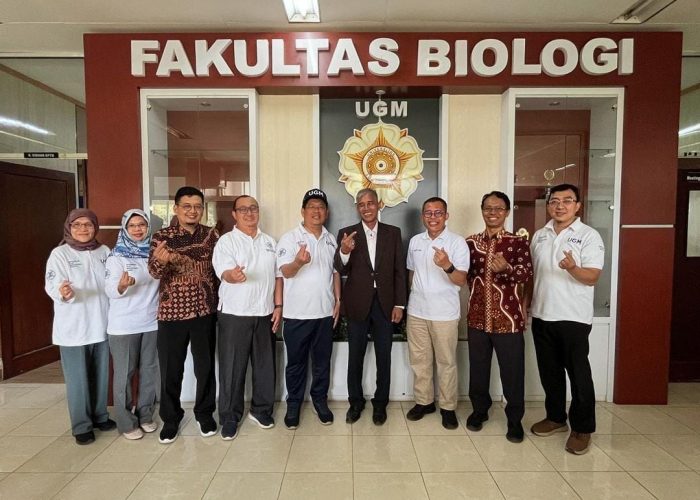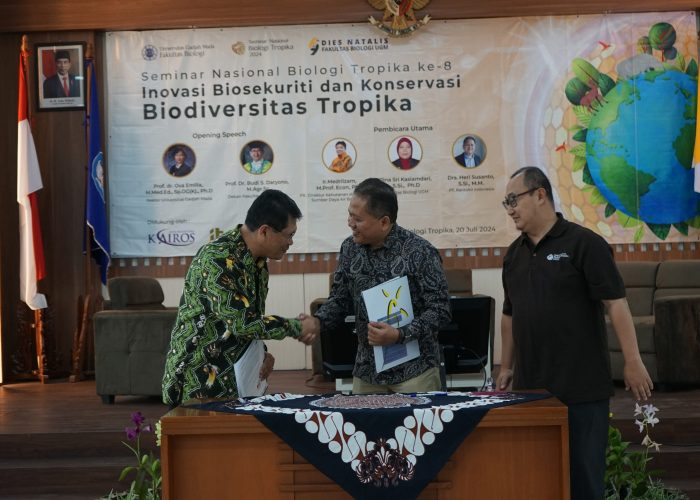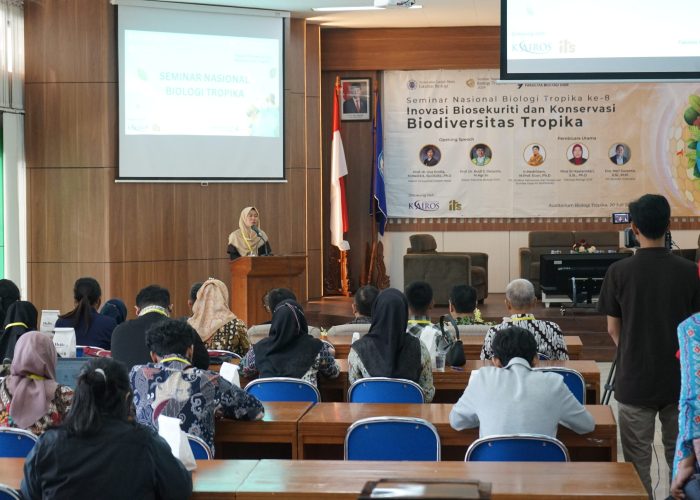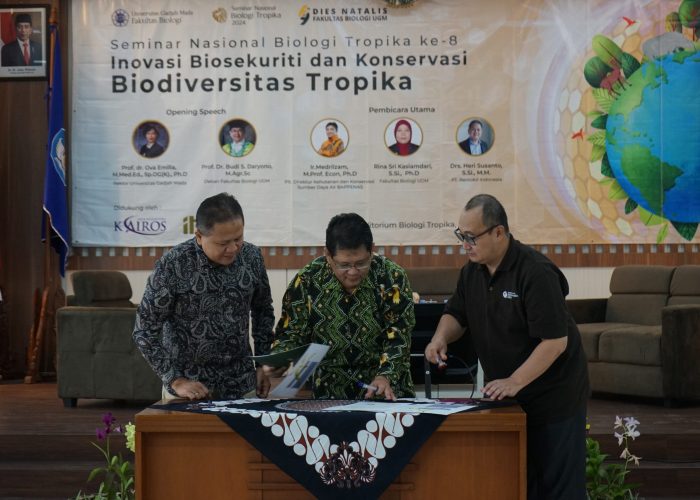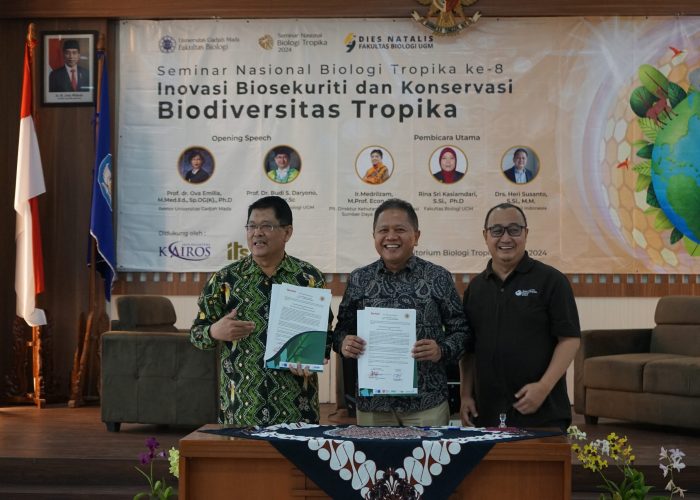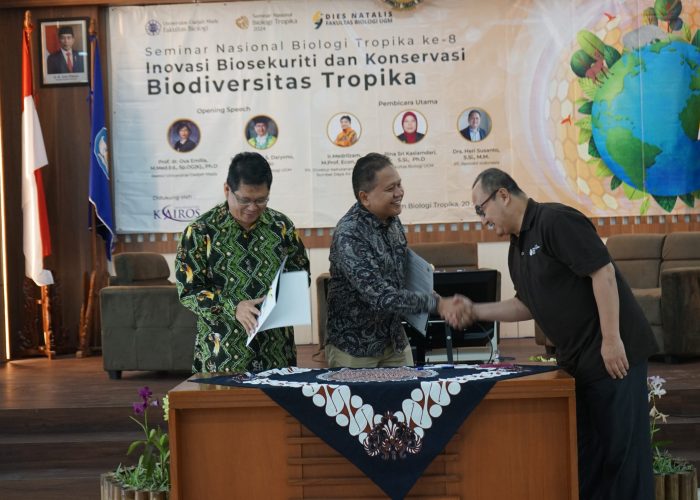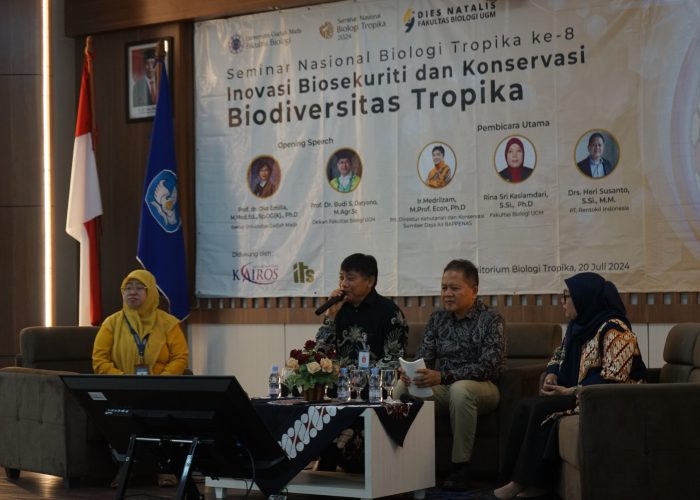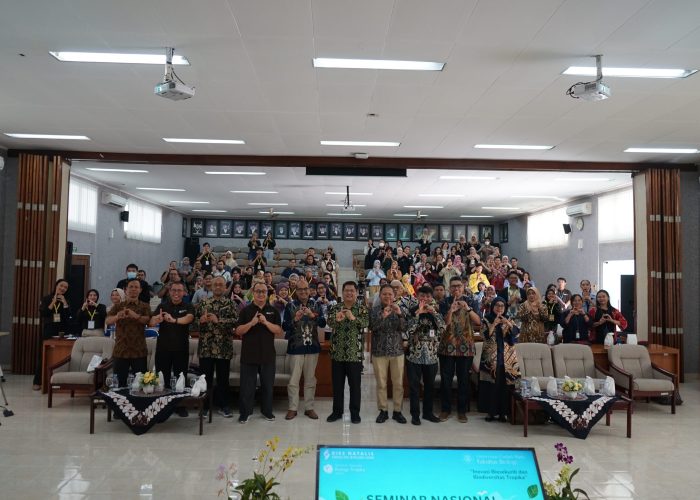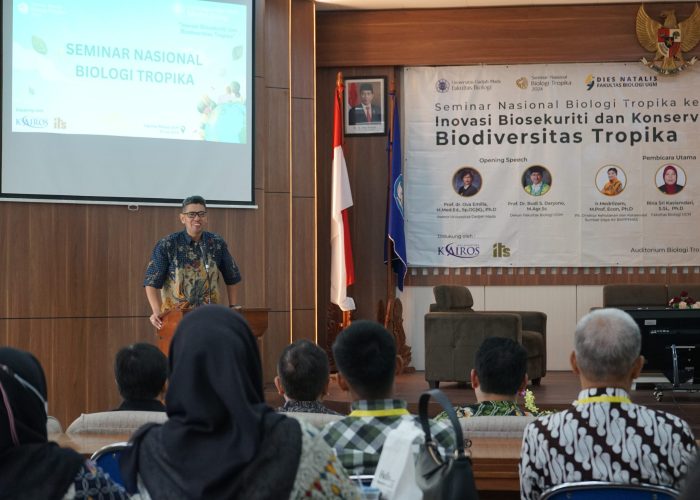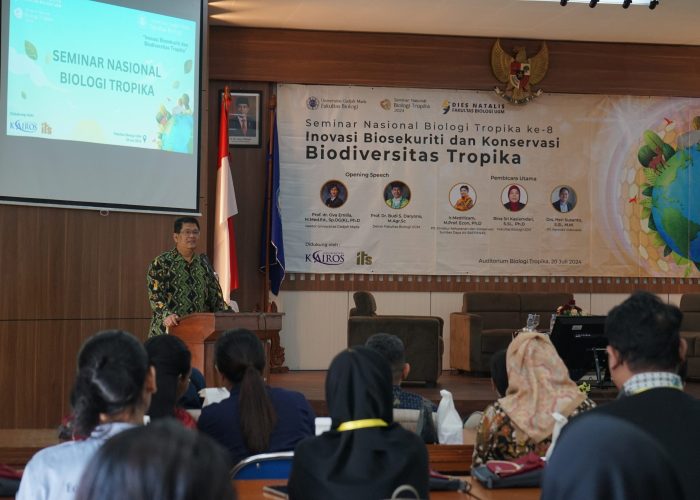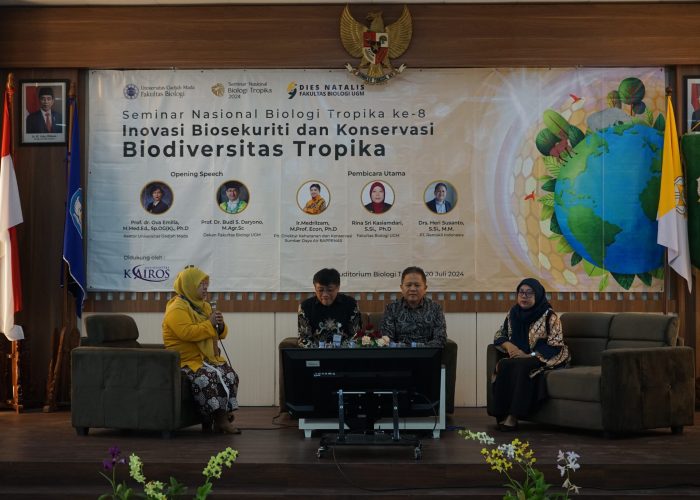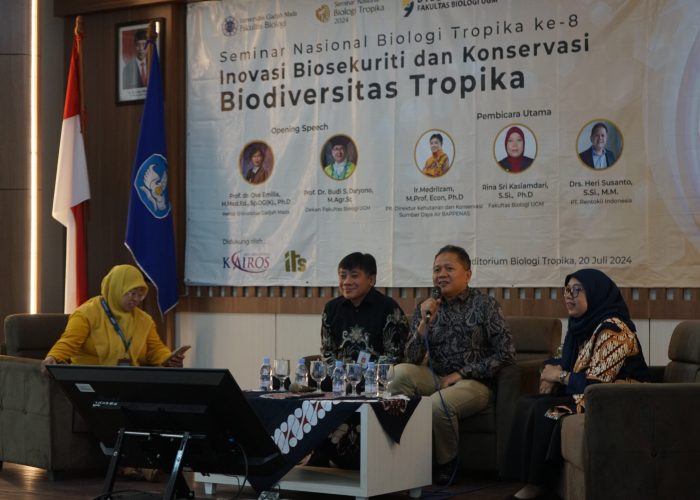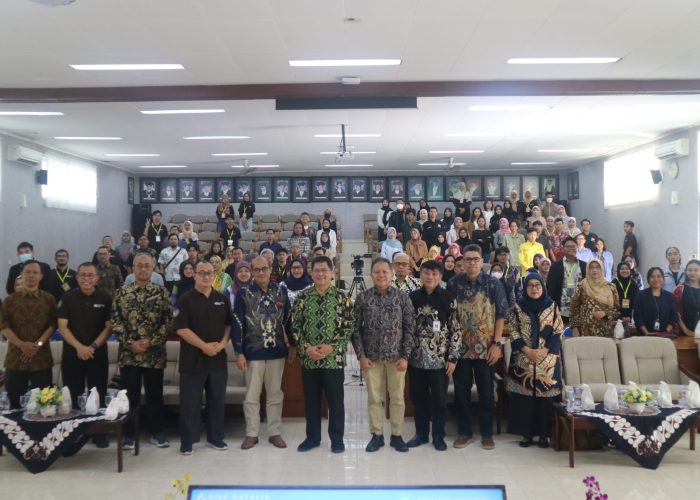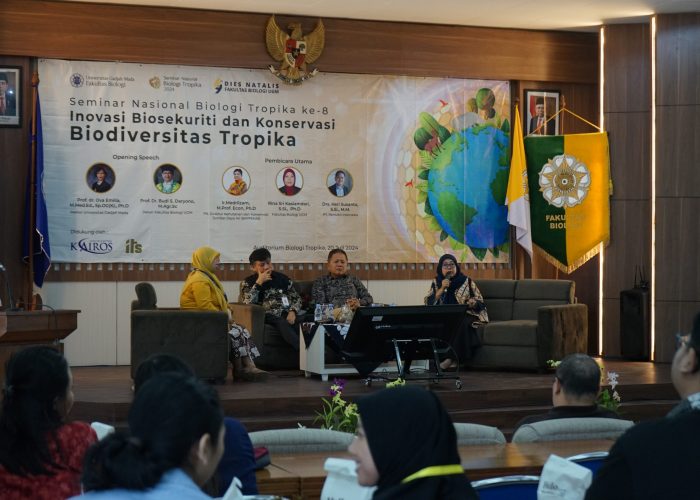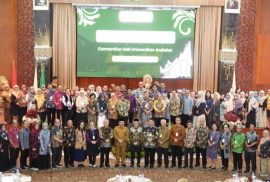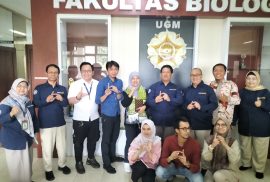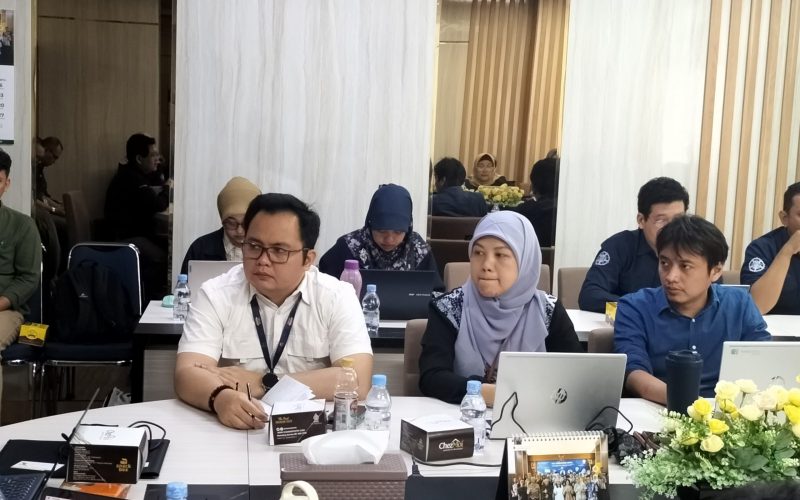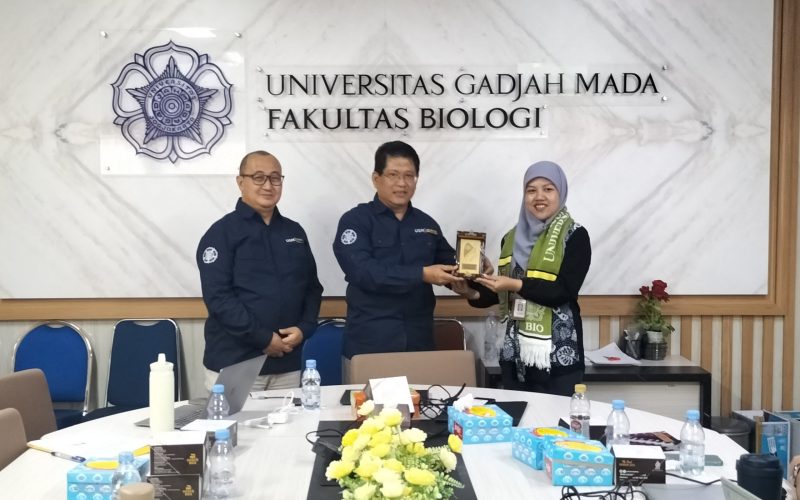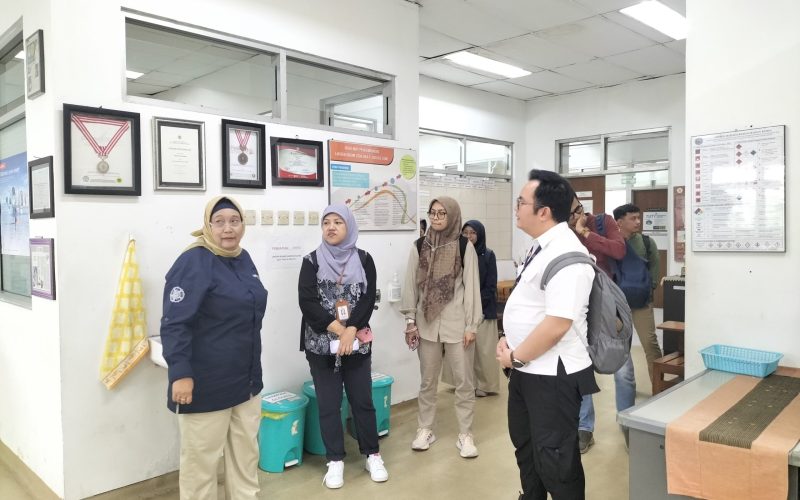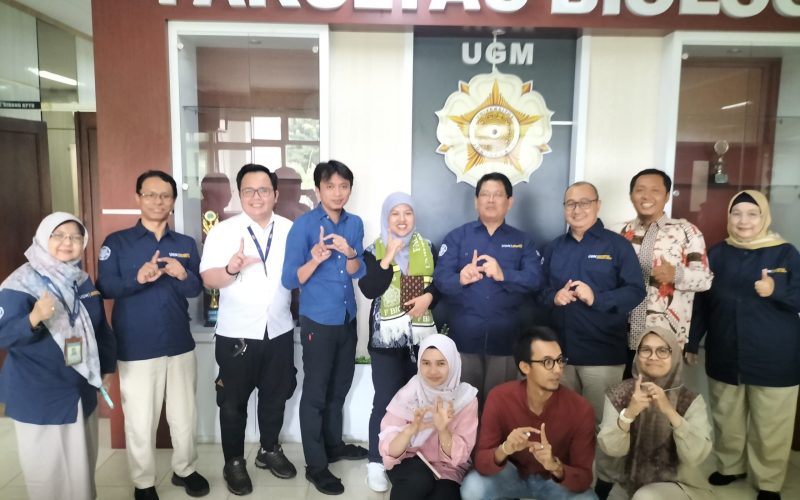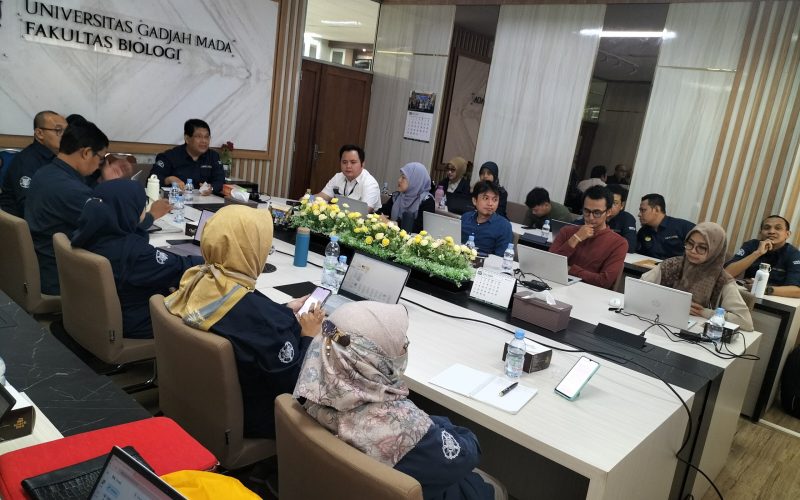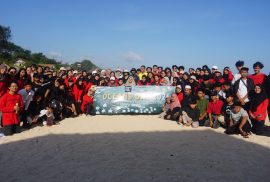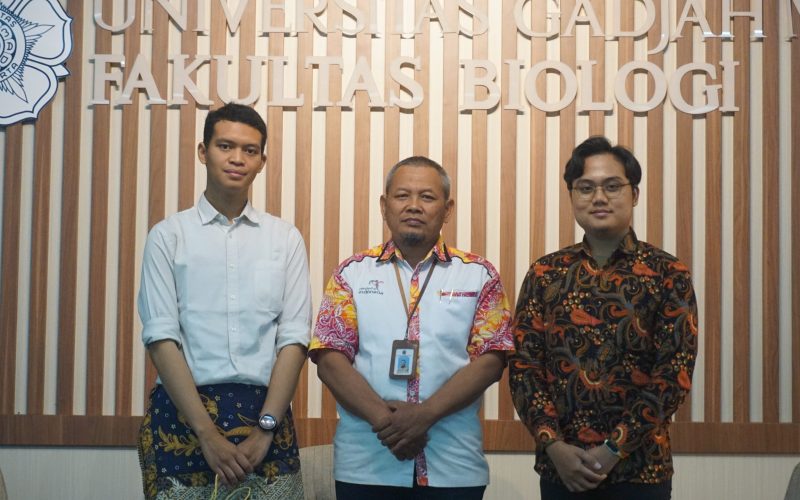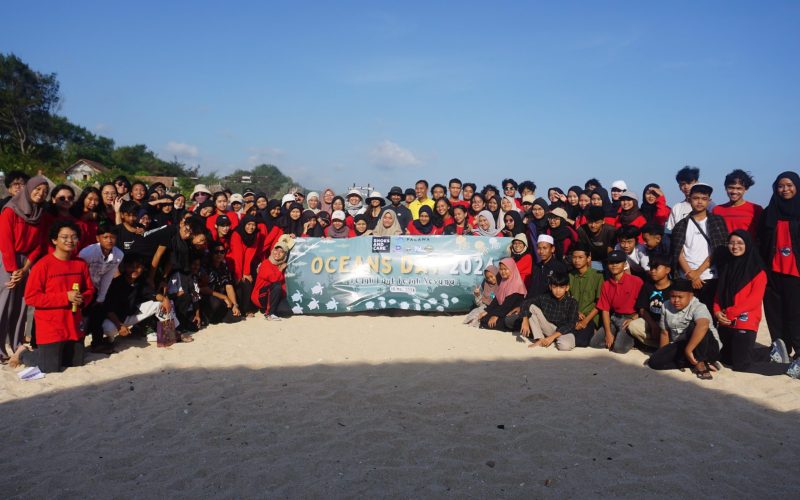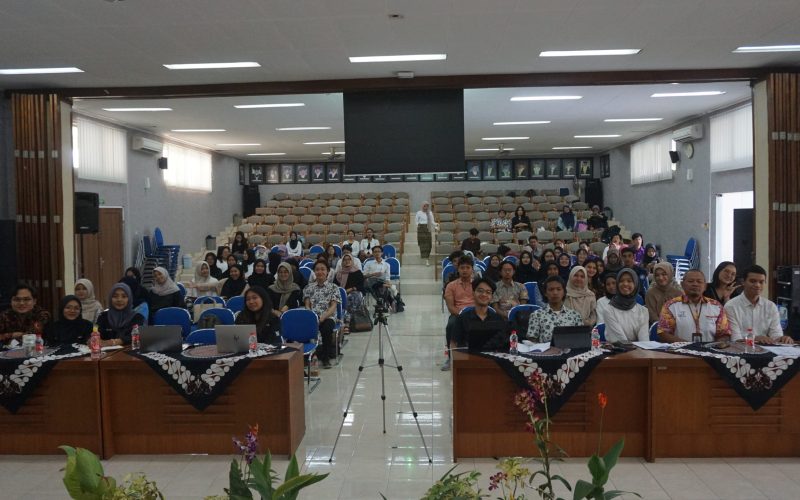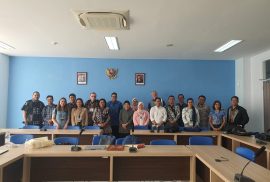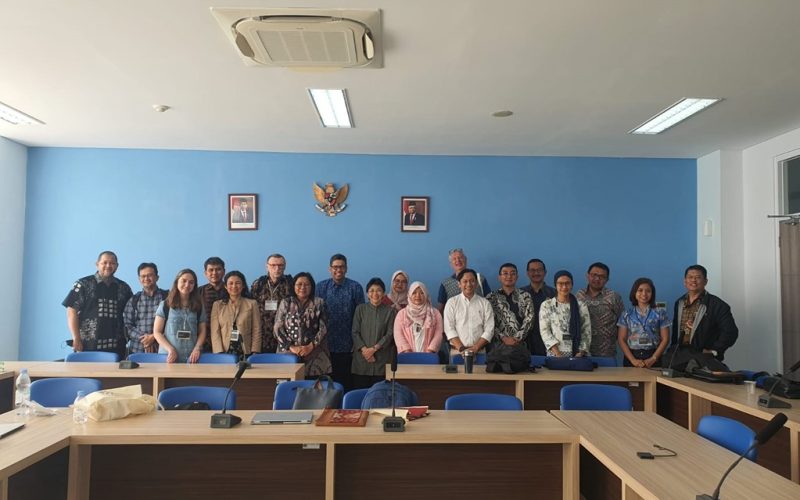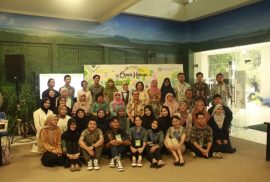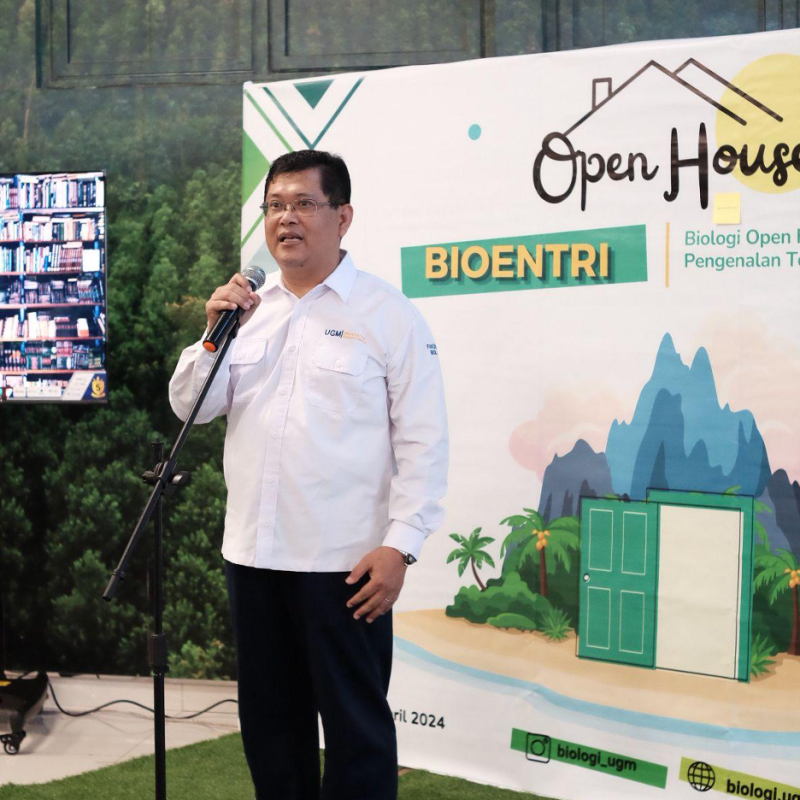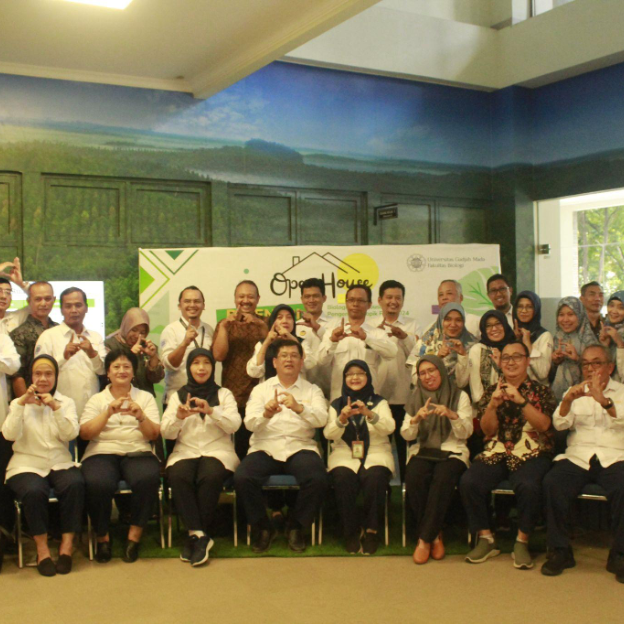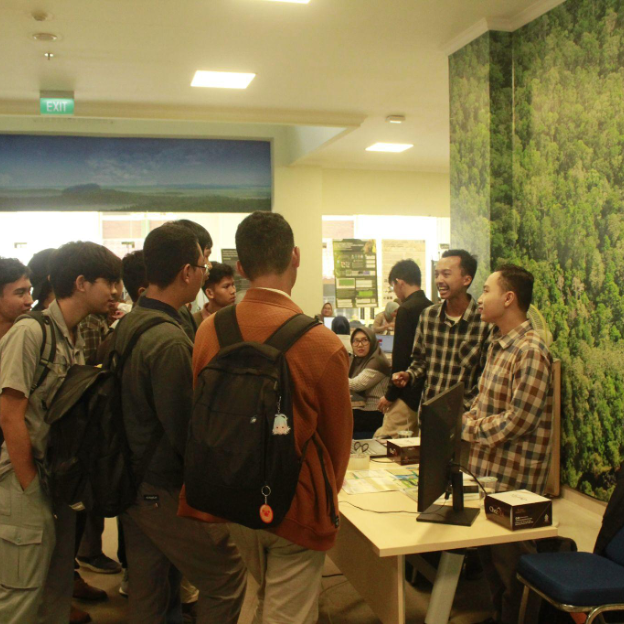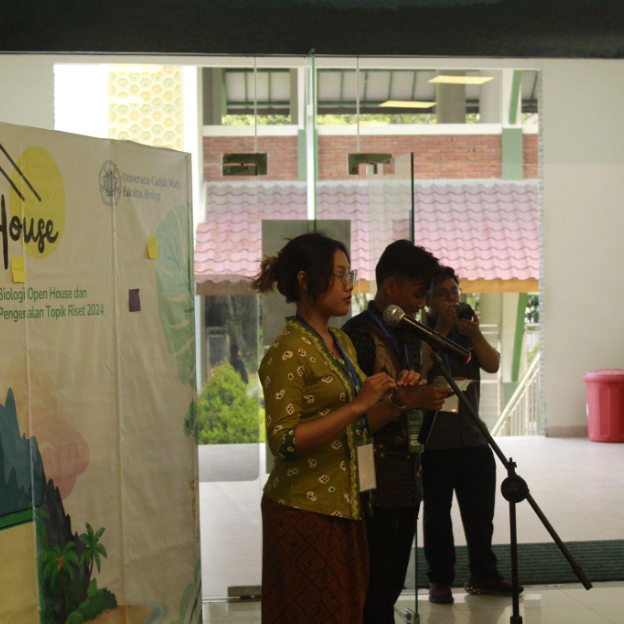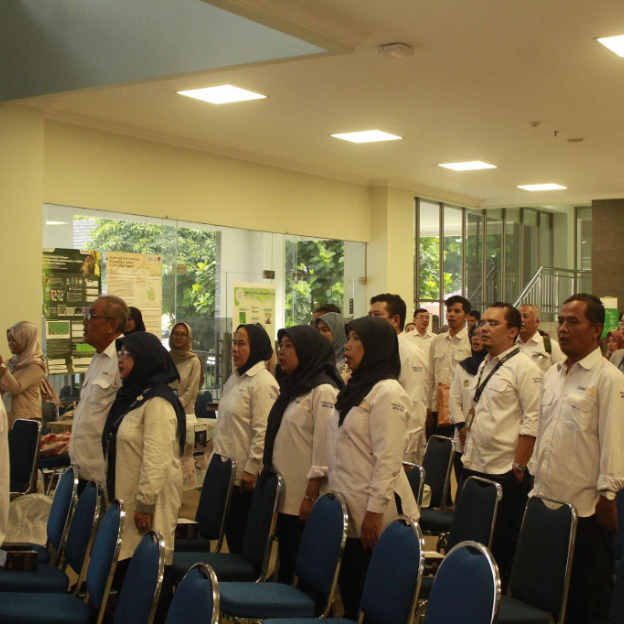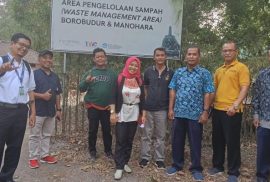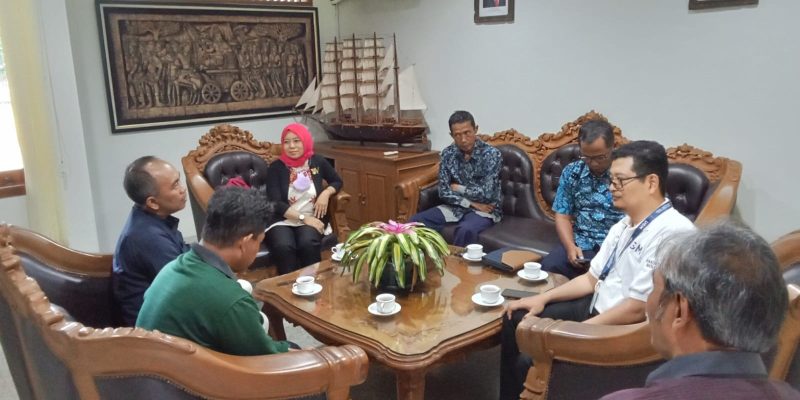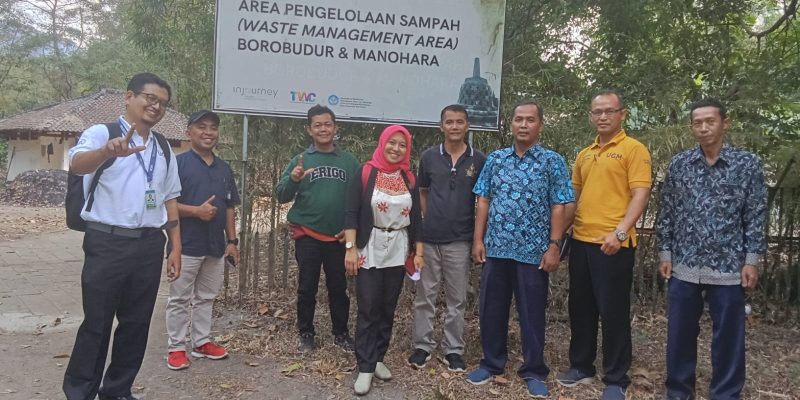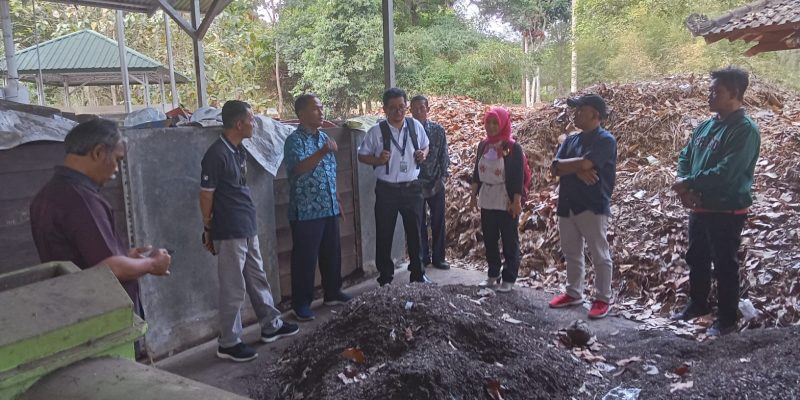SDG 14 : Develop Life Below Water
The issue of waste is becoming increasingly critical, posing threats to environmental health on land, marrine, and air. Thus, there is a need for well-structured waste management mechanisms, supported by advanced technology, to tackle this challenge. One long-standing effort has been implementing the 3R+1R approach: Reuse, Recycle, and Reduce, with an addition of Return to Earth. This approach has been developed by PT Greenhope Indonesia. “Return to Earth” addresses a missing piece by offering biodegradable and biopolymer-based plastic solutions to combat plastic waste pollution and the climate crisis. This theme aligns with the research conducted by the Smart Genetics Research Group, led by Ganies Riza Aristya, S.Si., M.Sc., Ph.D., a lecturer in the Genetics and Breeding Laboratory, Faculty of Biology, Universitas Gadjah Mada (UGM).
From July 22-24, 2024, Ganies had the opportunity to collaborate with PT Greenhope Indonesia in the implementation of the Capstone Project Program from the University Quality Assurance and Reputation Unit. The Capstone Project allows faculty members to integrate and apply their expertise and competencies to solve industrial problems. The theme for this collaboration focused on a new breakthrough in biodegradable plastic products derived from Microbial Cell Factory, specifically recombinant yeast. Biodegradable plastics contribute significantly to environmental health and sustainability, especially in reducing the impact of plastic waste. They can replace conventional plastics in various applications, such as food packaging, product packaging, and laboratory equipment.
The activities began with discussions and presentations, conducted both online and offline at PT Greenhope’s office, laboratory, and factory. Additionally, direct observation of the production process for biodegradable products such as Oxium, Ecoplas, and Naturaloop from PT Greenhope was conducted. Ganies also explained the genetic transformation processes and methods developed to produce biodegradable plastics from recombinant yeast. Both parties agreed to pursue joint research activities, supported by an MoU and collaboration proposal. Ganies expressed hope that this collaboration will continue to grow, producing sustainable, environmentally friendly, and forward-looking products. Representing PT Greenhope, Dr. Hardaning Pranamuda, M.Sc., Director of R&D, along with two researchers, Muhammad Ardiyansyah, S.Si., and Ir. Daffa Dewa Saputra, S.T., welcomed the collaboration with enthusiasm and commitment to mutual contribution. Research and development of biodegradable plastics can significantly contribute to achieving several Sustainable Development Goals (SDGs), particularly in efforts to reduce the impact of plastic waste on the environment and human health, said Hardaning during the closing of the discussion session.
In addition to its significant contribution to solving waste problems, this activity aligns with the achievement and implementation of several SDGs: SDG 12: Responsible Consumption and Production. Biodegradable plastics help meet the SDG 12 target related to waste reduction and hazardous material management. SDG 14: Life Below Water. Biodegradable plastics can reduce the impact of plastic waste on marine ecosystems and promote environmental health. SDG 15: Life on Land. Biodegradable plastics can help reduce the impact of plastic waste on terrestrial ecosystems, such as reducing soil and air pollution and promoting environmental health. SDG 13: Climate Action. Biodegradable plastics can help reduce greenhouse gas emissions associated with the production and disposal of conventional plastics. SDG 9: Industry, Innovation, and Infrastructure. Research and development of biodegradable plastics can boost innovation and provide new opportunities for a more sustainable plastics processing industry.
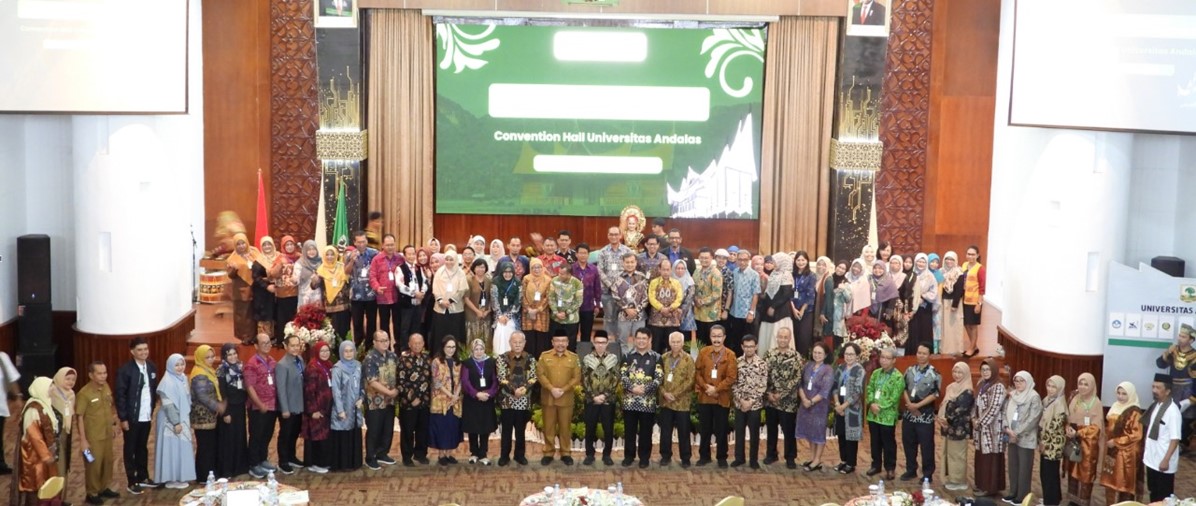
The Rakernas was officially opened by the Governor of West Sumatra, represented by the Provincial Secretary of West Sumatra, Drs. Hansastri, Ak., M.M., CFrA. In his speech, he mentioned that the West Sumatra Provincial Government has collaborated in research with Andalas University, one of which includes the development of essential oils and human resource development. The event was then officially opened by the Chairman of KOBI, Prof. Dr. Budi Setiadi Daryono, M.Agr.Sc., who emphasized the importance of Indonesia as the number one megabiodiversity country in the world and encouraged biologists to complete marine biodiversity data, especially for the deep sea. “We hope that KOBI meetings become a platform for networking in every national working meeting and congress,” he said. The Rector of Andalas University, Dr. Efa Yonnedi, stressed the importance of meetings and networking in promoting collaboration and synergy between universities.

